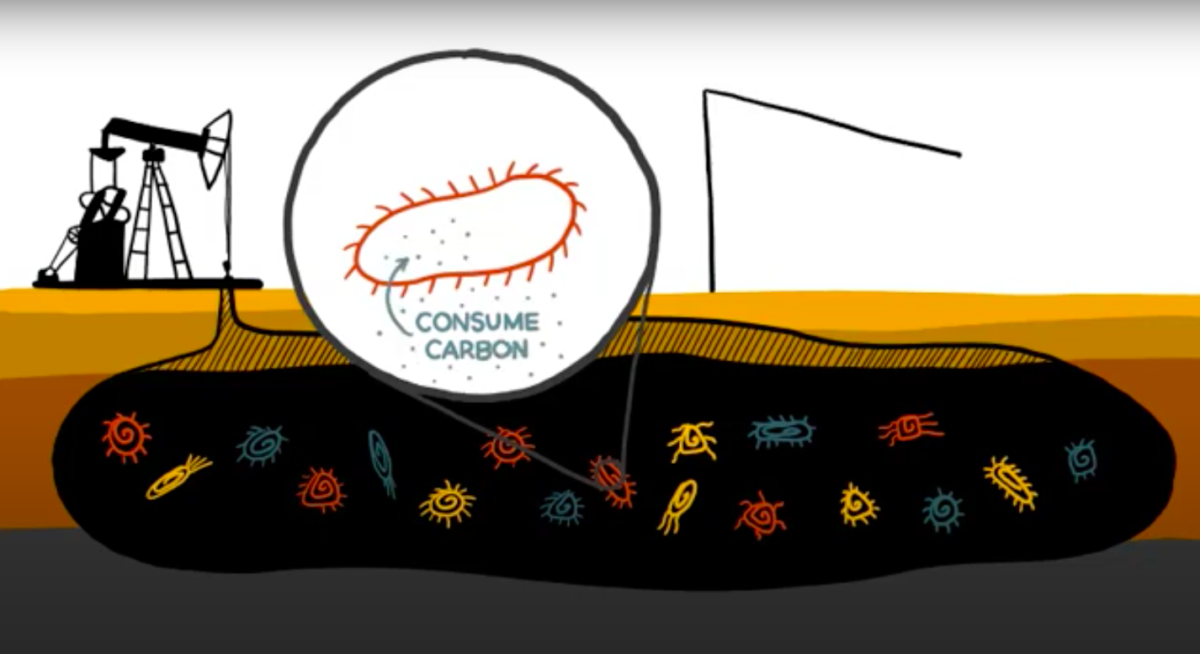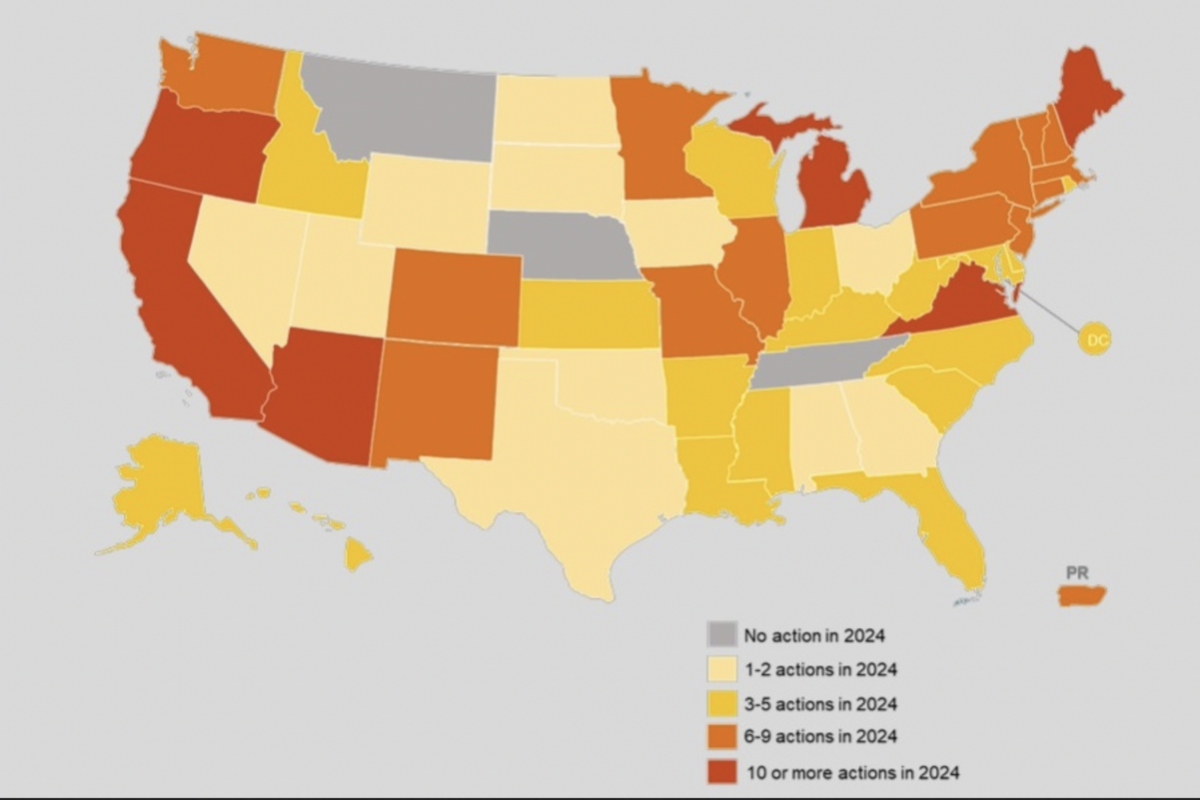Cemvita has moved its microbes from the lab to the field to produce hydrogen from existing infrastructure for depleted oil and gas wells. The company is betting on the biological production of hydrogen in the subsurface through the consumption of trapped or abandoned resources. “Cemvita scientists increased microbe performance by six and a half times the rate needed to produce hydrogen at $1/kg, a key milestone necessary to advance the program toward commercialization,” said the Texas-based company. “The subsequent field trial was completed in the Permian basin with a partnering company, where the team successfully measured hydrogen concentrations three orders of magnitude above baseline.”
Deutsche Bahn and Australia's Fortescue Future Industries (FFI) have agreed on a cooperation plan. For their first project, the partners are working on modifying diesel engines for locomotives and traction vehicles to operate with ammonia and hydrogen. “The advantage over a pure hydrogen engine is that ammonia has a higher energy density than liquid hydrogen and is easier to transport and store,” wrote Deutsche Bahn. The ammonia-hydrogen engine features a cracker from Germany's Ammonigy. The cracker splits a small part of the ammonia outside the engine into hydrogen and nitrogen. The hydrogen produced is mixed with the remaining ammonia as an ignition gas. The first prototype of the engine is currently being tested on an engine test bench.
Alberta‘s government has started talking to a number of Japanese companies about collaborating on LNG, hydrogen, ammonia, and methanol, said Dale Nally, the associate minister of natural gas and electricity in the Canadian province. “Alberta is committed to being a global leader in hydrogen and liquefied natural gas,” Nally said, noting that the province now accounts for about 90% of Canada's total oil sands production. Nally recently traveled to Japan to participate in Japan's Hydrogen Energy Ministerial Meeting and visit the Fukushima Hydrogen Energy Research Field. Canadian companies are currently in talks with Japanese companies such as Itochu and Mitsubishi.
Argus has launched a suite of new hydrogen cost indicators on the economics of hydrogen production in the context of carbon capture. The price reporting agency said that it now publishes hydrogen costs and prices for more than 400 locations throughout the world. The decision comes at a moment when several companies, like ICIS, are increasing hydrogen reporting.
The European Commission has approved a €134 million ($133.1 million) German measure to support BASF's production of renewable hydrogen under EU state aid rules. The objective is to decarbonize its chemical production processes and promote hydrogen use in the transport sector. The direct grant will support the construction of a 54 MW electrolyzer at BASF's site in Ludwigshafen, Germany. Operations are scheduled to start in 2025.
This content is protected by copyright and may not be reused. If you want to cooperate with us and would like to reuse some of our content, please contact: editors@pv-magazine.com.



1 comment
By submitting this form you agree to pv magazine using your data for the purposes of publishing your comment.
Your personal data will only be disclosed or otherwise transmitted to third parties for the purposes of spam filtering or if this is necessary for technical maintenance of the website. Any other transfer to third parties will not take place unless this is justified on the basis of applicable data protection regulations or if pv magazine is legally obliged to do so.
You may revoke this consent at any time with effect for the future, in which case your personal data will be deleted immediately. Otherwise, your data will be deleted if pv magazine has processed your request or the purpose of data storage is fulfilled.
Further information on data privacy can be found in our Data Protection Policy.